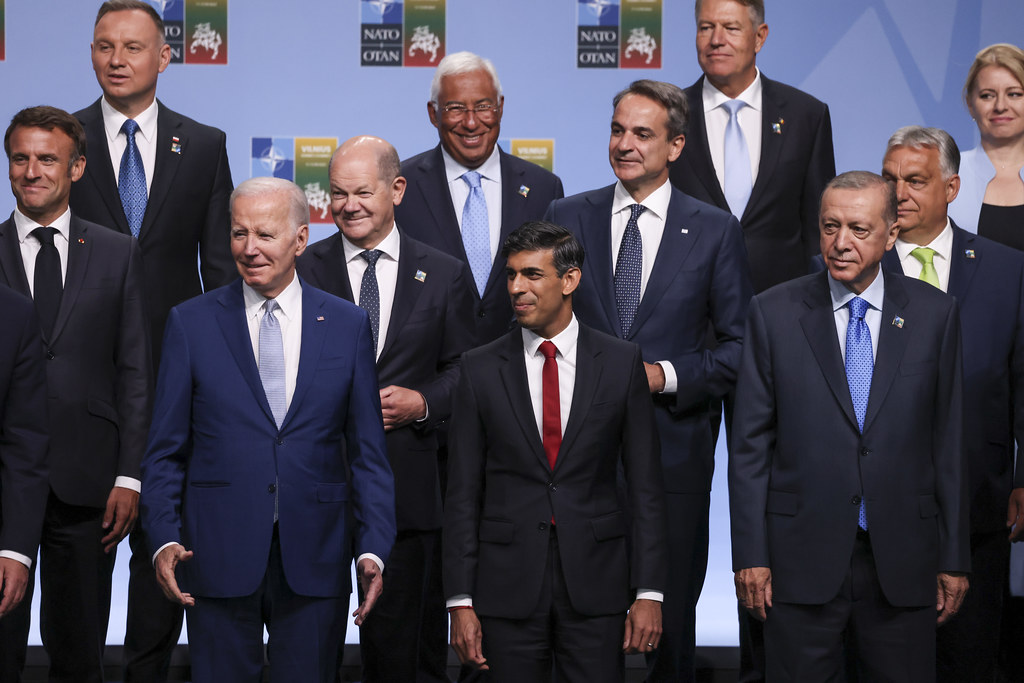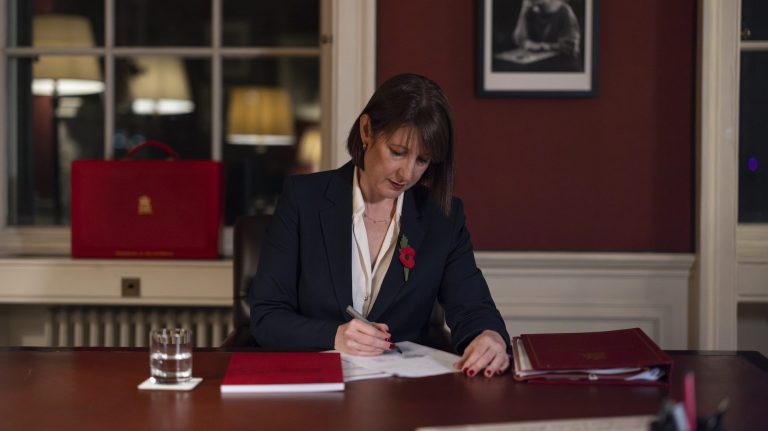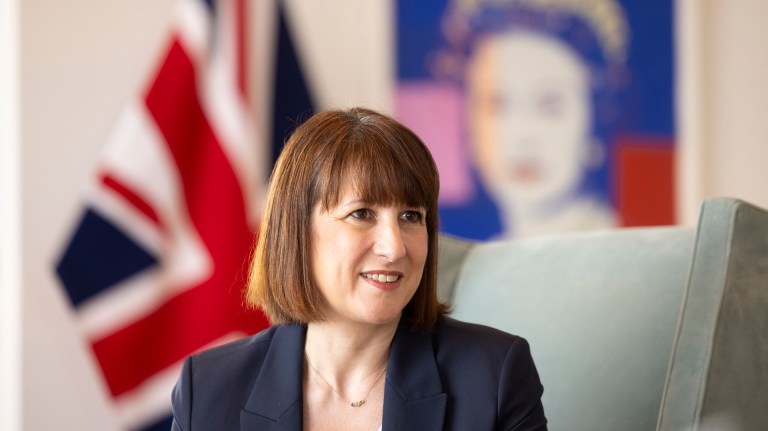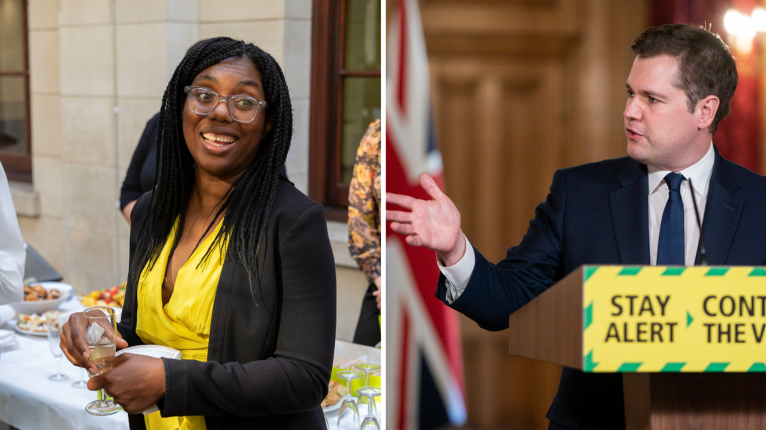A wealth tax is a popular measure in the UK, new polling has found, with three quarters of Brits in favour of a 2% tax on wealth over £5million.
Inequality in the UK is forecasted to rise to record levels by 2027/28, thanks to the cost of living crisis. Income from savings and investments will increase due to rising interest rates, benefitting the wealthiest, while price pressure will continue to affect the lowest earners.
Supporters of a wealth tax claim a more stringent levy could raise £262 billion in the UK – or enough to fund the entire NHS for almost 18 months – and point to the fact the wealth of billionaires has doubled to $11.8 trillion in the past decade.
Those who have signed the letter include former leaders of Belgium, Denmark, Croatia, Czech Republic and Bulgaria, artists Brian Eno and Richard Curtis, and economists Thomas Piketty, Kate Raworth and Joe Stiglitz.
The G20 will meet from 9-10 September, with sustainable development on the agenda. India, the host nation, has chosen “one earth, one family, one future” as the theme.
Get the latest news and insight into how the Big Issue magazine is made by signing up for the Inside Big Issue newsletter
Signatories to the letter also argue a wealth tax would help countries fund green investments.
“The world is at a critical juncture; fairer taxation to address both the cost of living and climate crises is supported by millionaires and the public alike. It’s high time for governments to act,” said Katy Chakrabortty, Oxfam’s head of policy and advocacy.
However, the policy could quickly run into practical problems, Iain Begg, a professor at the London School of Economics specialising in political economy, told the Big Issue.
“The very rich are likely to be adept at finding ways of avoiding it and it is simply implausible to believe that an international agreement can be struck to deter this,” Begg said.
“States like Monaco would proliferate. As a result, the burden would fall on the more moderately rich, who already do pay higher income taxes, or even some, like home-owning pensioners who may be sitting on valuable property, but have limited income.”
A person’s wealth may be unrelated to their ability to pay a wealth tax – for instance a pensioner with a valuable home, Begg added, and said taxing this may require homeowners releasing equity.
“I cannot see that being a socially acceptable policy: grannies forced to mortgage their properties to pay wealth tax. House ownership could, I suppose, be exempted, but if some forms of wealth are exempted in this way, it creates incentives for favouring such assets and could have unintended consequences,” he said.
The idea of a wealth tax is also opposed by the leaders of some G20 nations, and there appears to be little appetite for it from mainstream British parties. Emmanuel Macron abolished France’s wealth tax, while Rishi Sunak – estimated to have a fortune of around £529million – said as chancellor that he did not believe it “ever would be the time for a wealth tax”.
The Conservative government has also said anybody wishing to pay higher tax can do so voluntarily, while shadow chancellor Rachel Reeves has ruled out a wealth tax if Labour wins the next election.









